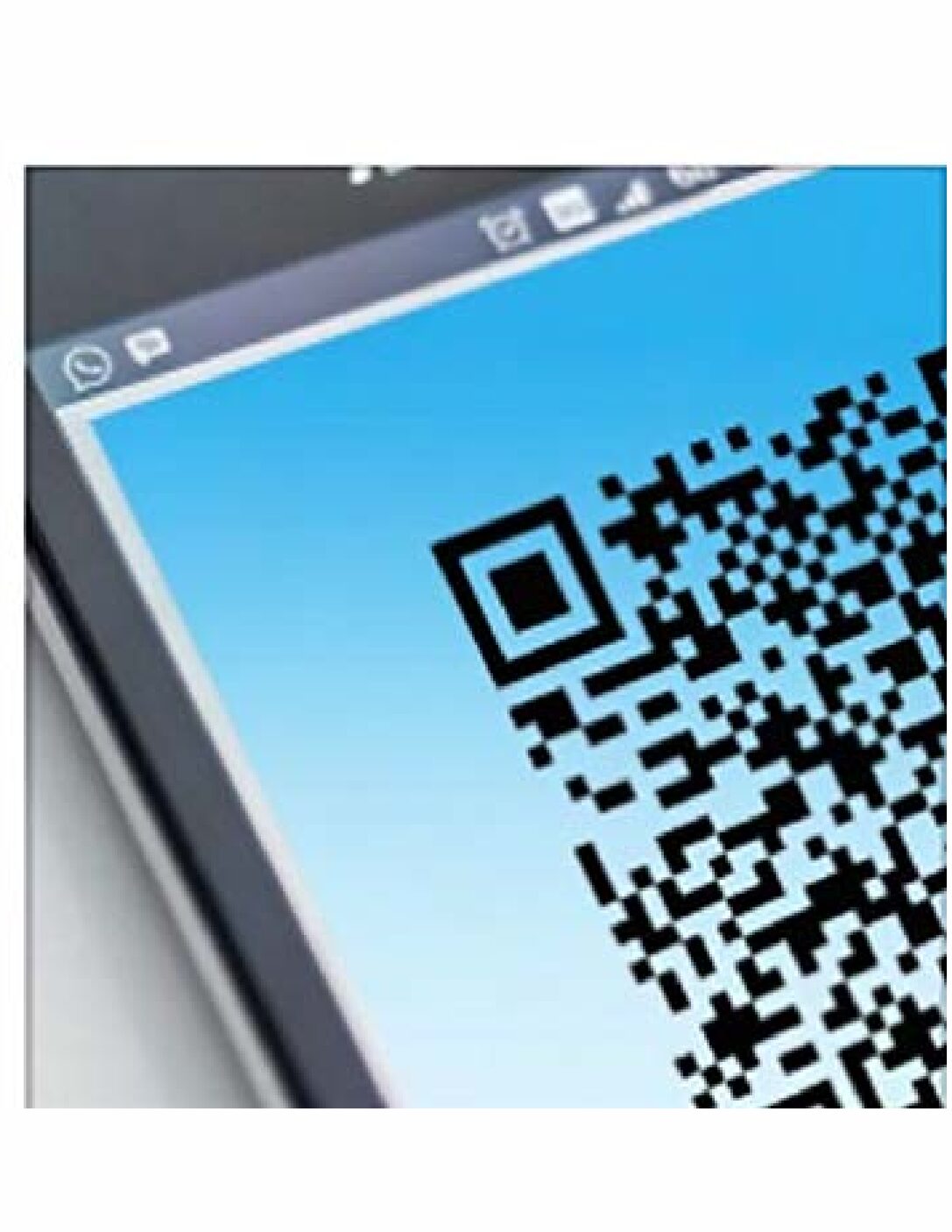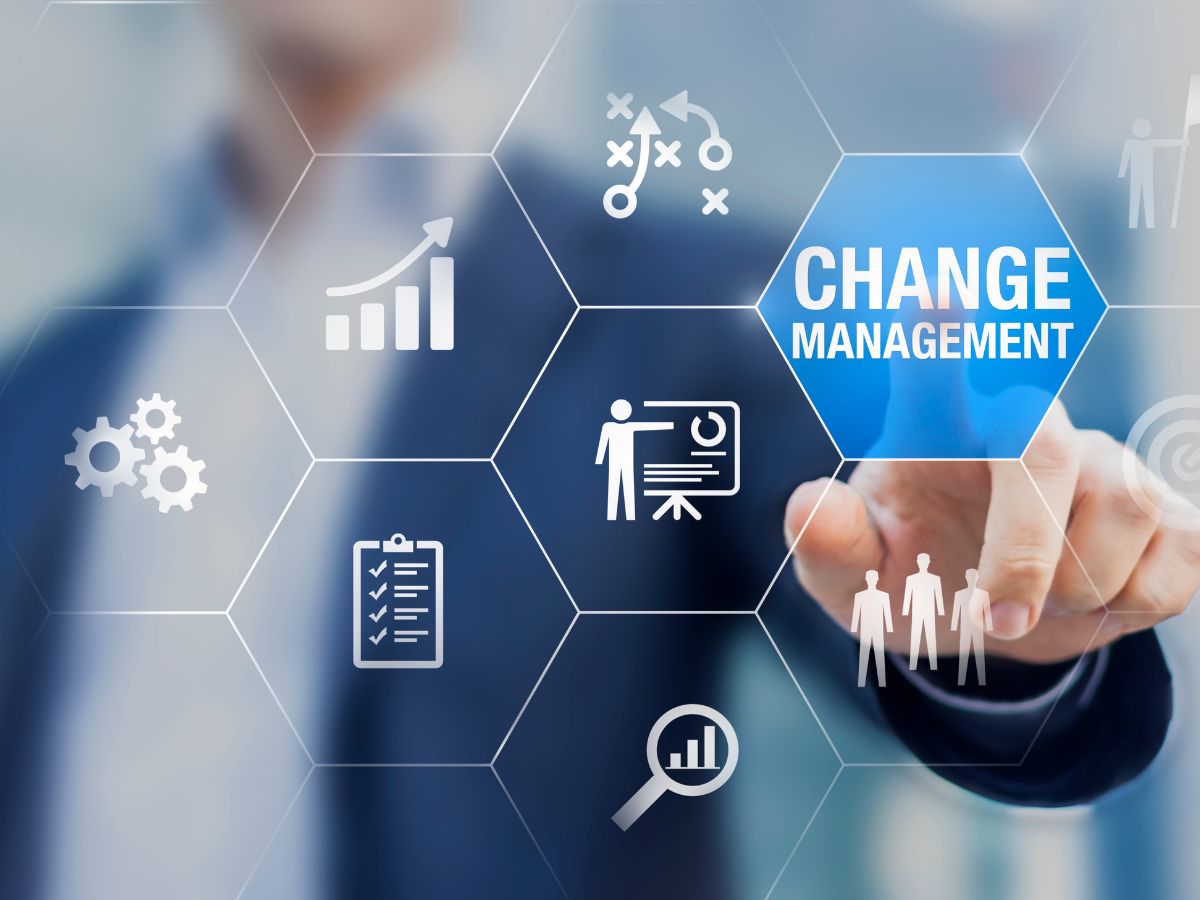Young professionals in their twenties and thirties face obstacles and opportunities in today’s paced and competitive world. These include the struggle to find direction, dealing with distractions and procrastination, overcoming fears of failure and rejection, coping with a lack of support and feedback, and fostering innovation and creativity.
Self-leadership is a crucial skill that individuals can cultivate to stay focused on their goals. This refers to the ability to guide oneself towards achieving objectives by being self-aware, regulating one’s actions, staying motivated, and continuously improving.
Kim’s Story
In this narrative, you will discover Kim’s journey—a young marketing manager who recognized the importance of self-leadership— How she effectively resolved a situation at her workplace.
Kim was a newly appointed marketing manager for a startup that offered courses and coaching services covering skills and subjects. She was passionate about creating engaging content that added value for customers. One day, her boss assigned her a project, leading the development and launch of a campaign to reach an audience for their courses and coaching services within two weeks.
Kim demonstrated self-leadership abilities throughout this project by following a set of steps. She first identified her core values, strengths, passions, and purpose. Then, she established SMART goals that aligned with these aspects. Kim effectively executed structured action plans that aided in achieving her goals. She consistently evaluated her progress and performance throughout the process, celebrating successes and learning lessons from failures to foster personal and professional growth.
The success was attributed to Kim’s leadership skills and her team’s hard work. They launched a campaign that exceeded expectations, generating excitement and driving increased traffic to the company’s website. Consequently, there was a rise in customer enrollment for courses and interest in coaching services. Kim’s remarkable performance earned recognition from her boss, team members, and others within the company, leading to a promotion to marketing manager.
Recognizing the impact of self-leadership on her success and overall happiness, Kim continued to practice and refine this skill professionally and personally. Furthermore, she took on the role of mentor and coach for professionals.
Kim’s journey exemplifies how self-leadership can empower individuals to achieve their goals while positively impacting themselves and those around them. Understanding that self-leadership is not a skill but evolves over time through learning and experiences is essential.
So, What Does Self-leadership Entail?
Self-leadership encompasses individuals’ ability to motivate themselves towards achieving objectives while simultaneously striving for aspirations. It involves self-awareness, managing behavior, drawing motivation from within, and continuously working on growth. It means taking control of both professional lives.
Leadership holds significance for professionals in their 20s and 30s as they navigate a rapidly changing and competitive world filled with challenges and opportunities. To thrive in this environment, young professionals need a vision of their goals and a sense of purpose guided by values, confidence, and resilience. It is also essential to equip themselves with the skills to adapt to situations, learn from feedback, and collaborate effectively.
Challenges Facing Young Professionals
Young professionals often face challenges along their journey. However, embracing self-leadership empowers them to overcome pitfalls they may encounter;
- One common issue young professionals face is the need for more direction and focus. Self-leadership plays a role in helping individuals set goals that are specific, measurable, achievable, relevant, and time-bound (SMART goals). It also empowers them to create plans, monitor progress, and align their ambitions with their passions and strengths. The ultimate outcome is finding fulfillment through work.
- Another obstacle that often arises is procrastination and distraction. By practicing self-leadership techniques such as time management and prioritization skills, professionals can overcome tendencies to delay tasks. Instead, they channel their energy toward activities that truly matter.
- Fear of failure and rejection can hinder young professionals’ growth. However, self-leadership offers a solution by encouraging them to view failures and rejections as opportunities for learning and personal development. By nurturing a growth mindset that believes in their potential for improvement, self-leadership helps individuals cope with stress and anxiety and cultivate an attitude.
- Absent feedback and support can be another challenge for professionals. Self-leadership addresses this by empowering them to seek out feedback from others while being open to accepting criticism. Additionally, it aids in building a network of mentors, peers, and friends who can provide guidance, advice, and encouragement when needed.
- Last but not least, self-leadership fosters creativity among young professionals. It motivates individuals to push beyond their comfort zones by exploring ideas and possibilities.
Why Self-Leadership?
Developing self-leadership skills is beneficial for professionals in many ways. It allows them to explore ideas, challenge their assumptions, and learn from their successes and failures. By practicing self-leadership, young professionals can create a culture of innovation and creativity within their teams and organizations.
Self-leadership serves as a tool for young professionals to resist the temptation of gratification and instead focus on their actions’ long-term consequences and benefits. It empowers them to embrace failure and rejection as opportunities for growth, fostering a mindset that believes in their ability to improve continuously. Moreover, self-leadership equips professionals to manage stress and anxiety while maintaining an outlook effectively. It also encourages them to seek feedback from others, utilizing it to enhance their skills and competencies.
One of the advantages of practicing self-leadership is that it facilitates the creation of a support network consisting of mentors, peers, and friends who provide guidance, advice, and encouragement. Furthermore, self-leadership enables professionals to confidently explore ideas while valuing experimentation and learning from successes and setbacks. Importantly, it nurtures an environment to foster innovation and creativity within teams and organizations.
Steps to Improve Self-Leadership Skills
If you’re looking to improve your self-leadership skills as a young professional, here are some steps you can take;
- Engaging in self-reflection and self-evaluation is crucial for professionals. It’s essential for them to assess their goals, actions, and results regularly. They can gain insights by identifying their strengths, weaknesses, achievements, and challenges as opportunities and threats. Seeking feedback from others also provides a perspective for comparison.
- Young professionals need to practice self-regulation and maintain self-discipline. They should establish a routine and schedule that aligns with their preferences and needs. This will help them stay focused on their goals and priorities. Setting boundaries while avoiding distractions or temptations is vital for progressing and achieving success.
- Professionals must cultivate self-motivation. Reward themselves along the way. They must discover what motivates them—their passions, interests, values, or external factors such as rewards or recognition. Celebrating accomplishments not only helps maintain levels of motivation but also shows appreciation for one’s own efforts as well as the actions of others.
By following these steps, young professionals can develop self-leadership skills that will impact their personal growth and professional success. It involves learning, updating knowledge and skills, seeking experiences, and exploring new opportunities while looking up to role models and experts who inspire improvement in mindset and practices.
Last Words
To sum it up, leadership is crucial for attaining success and fulfillment in our lives. By honing self-leadership skills, young professionals can achieve their goals, positively influence themselves and others, and be prepared for an intricate future.
Please stay tuned for articles where we will delve deeper into self-leadership and look at how young professionals can gain advantages by cultivating these abilities.








